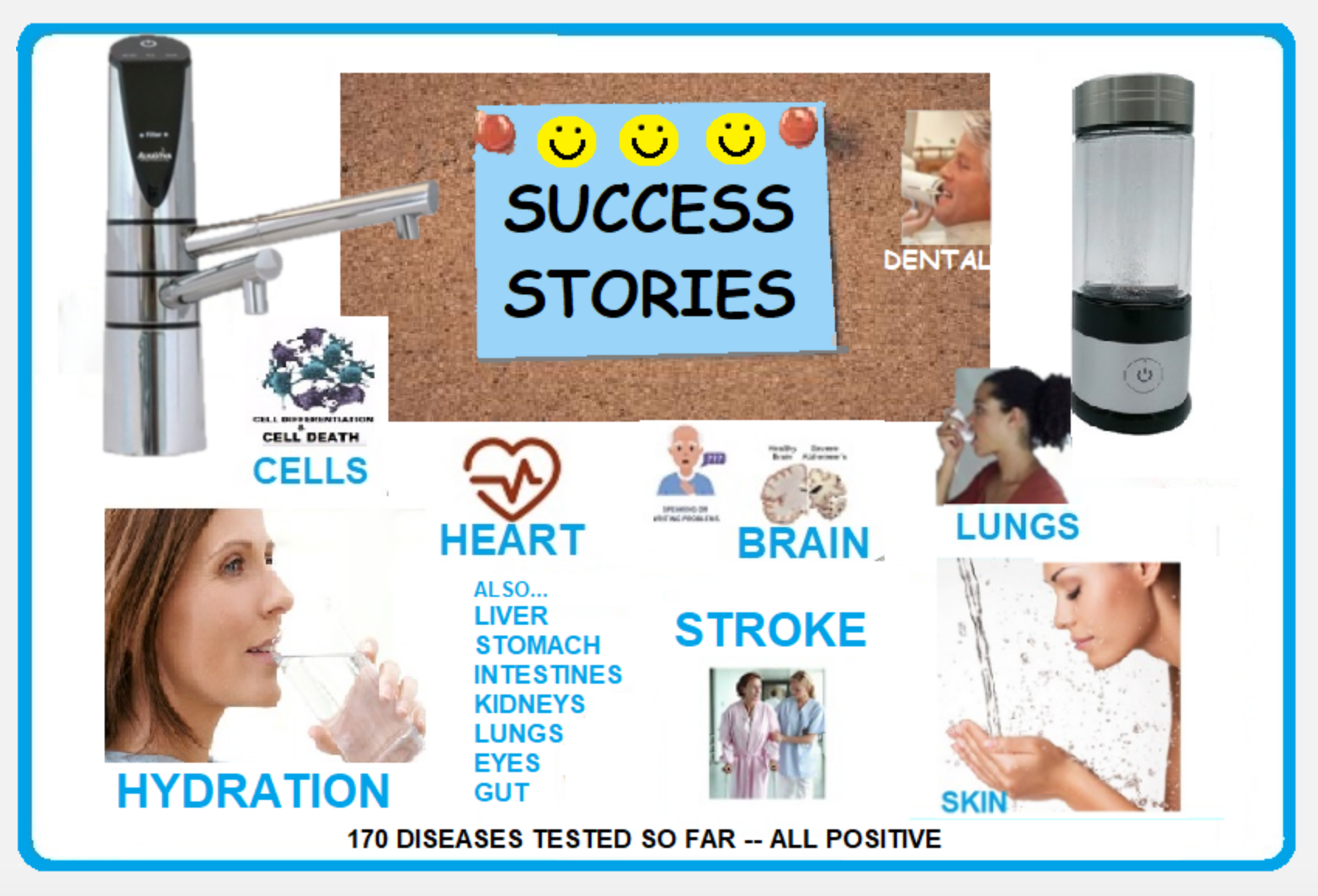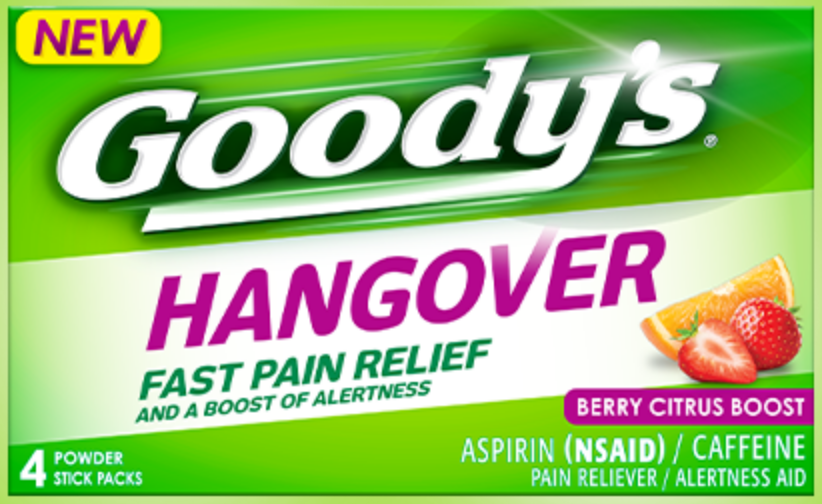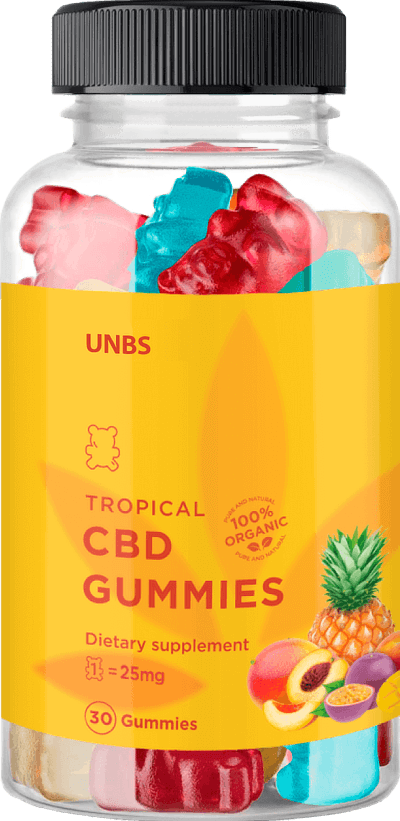
Alkaline Water Plus
Are there really any benefits to drinking alkaline water?
Perhaps you’ve seen television ads for testosterone gels like AndroGel, which promise to help men with decreased sex drive, moodiness, and low energy.
But do these topical testosterone gels, which generated over $2 billion in sales last year, actually do anything? Perhaps not, says science. According to the New York Times,
“The market for testosterone gels evolved because there is an appetite among men and because there is advertising,” said Dr. Joel Finkelstein, an associate professor at Harvard Medical School who is studying male hormone changes with aging. “The problem is that no one has proved that it works and we don’t know the risks.”
Also
Many experts say that pharmaceutical advertising promotes excessive and inappropriate drug use by convincing patients that they are ill — or have a more serious condition than is genuinely the case — and need medicine to treat it. While television viewers are barraged with advertising warning men they may have “low T,” Dr. Finkelstein said, “There is no such disease.”
And don’t forget about the side-effects of testosterone gels, as presented by Stephen Colbert.
Consumers should think carefully and speak with their healthcare provider before shelling out for testosterone gels, which may not do all that much for a disease that does not exist. For more on men’s issues, click here.
Our Ad Alerts are not just about false and deceptive marketing issues, but may also be about ads that, although not necessarily deceptive, should be viewed with caution. Ad Alerts can also be about single issues and may not include a comprehensive list of all marketing issues relating to the brand discussed.
Are there really any benefits to drinking alkaline water?
What you need to know about this purported hangover remedy.
Spam email leads to a fake endorsement from Dr. Oz, among other celebrities.

